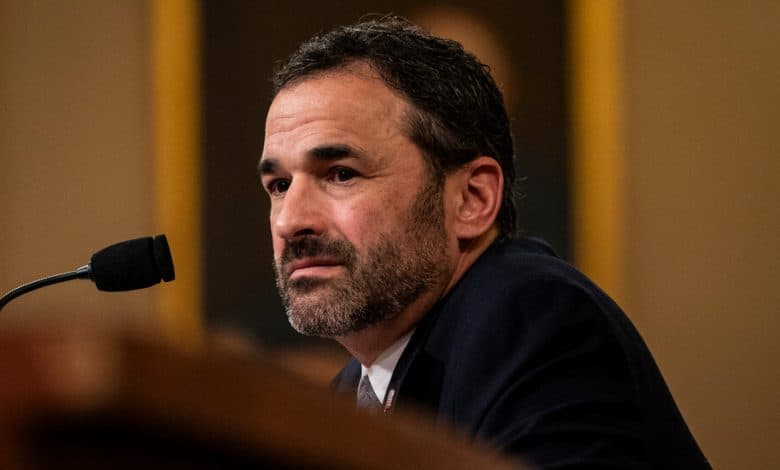I.R.S. Crackdown on Delinquent Millionaires Yields $1 Billion

The Biden administration’s yearlong effort to crack down on delinquent rich taxpayers has yielded $1 billion, a milestone that the Treasury Department said on Thursday was the result of beefed-up enforcement by the Internal Revenue Service.
The tax agency has been undergoing a $60 billion modernization initiative aimed at improving its customer service and catching wealthy tax evaders. The Biden administration, which initially signed a law giving $80 billion to the agency, continues to contend with attempts by Republicans in Congress to claw back more of the money. As a result, the administration has been trying to demonstrate that the funds are being put to good use by bringing in additional tax revenue that has been going uncollected.
“Efforts to increase tax fairness and bring in revenue from high-end taxpayers who have not paid what they owe are already paying off to the American people,” Treasury Secretary Janet L. Yellen said during a briefing with reporters.
The I.R.S. targeted 1,600 taxpayers with more than $1 million of income who owed more than $250,000 in tax debt.
Daniel Werfel, the I.R.S. commissioner, said that because of the agency’s larger enforcement staff, it has been able to focus on tracking down and sending letters to wealthy taxpayers who owe money. In many cases, these result in threats of additional penalties until the taxpayers eventually pay their tax bills, he said.
Mr. Werfel said he believed many rich taxpayers had neglected to pay their bills because they thought the I.R.S. did not have the capacity to go after them.
“Our message for these taxpayers is that now that we are resourced, we can do the job of ensuring that they pay,” he said.
The money for the expansion of the I.R.S. was included in the Inflation Reduction Act, which was enacted in August 2022. The agency was originally given $80 billion, but $20 billion of that was taken back as part of negotiations between Republicans and Democrats to suspend the debt limit last year.
The I.R.S. is also focused on finding more than 100,000 high-wealth individuals who the agency believes have not filed taxes in years. And it has been ramping up audits of hedge funds and real estate investment partnerships and cracking down on abuse of corporate jets for personal travel.
Despite these efforts, a report by the national taxpayer advocate last month said that the I.R.S. had been too slow to resolve identify theft cases and that it was not doing a good enough job answering the phones when taxpayers called with questions.
A report published in June by the Treasury Inspector General for Tax Administration said the I.R.S. has so far spent $5.7 billion, or 10 percent, of its Inflation Reduction Act funding.
